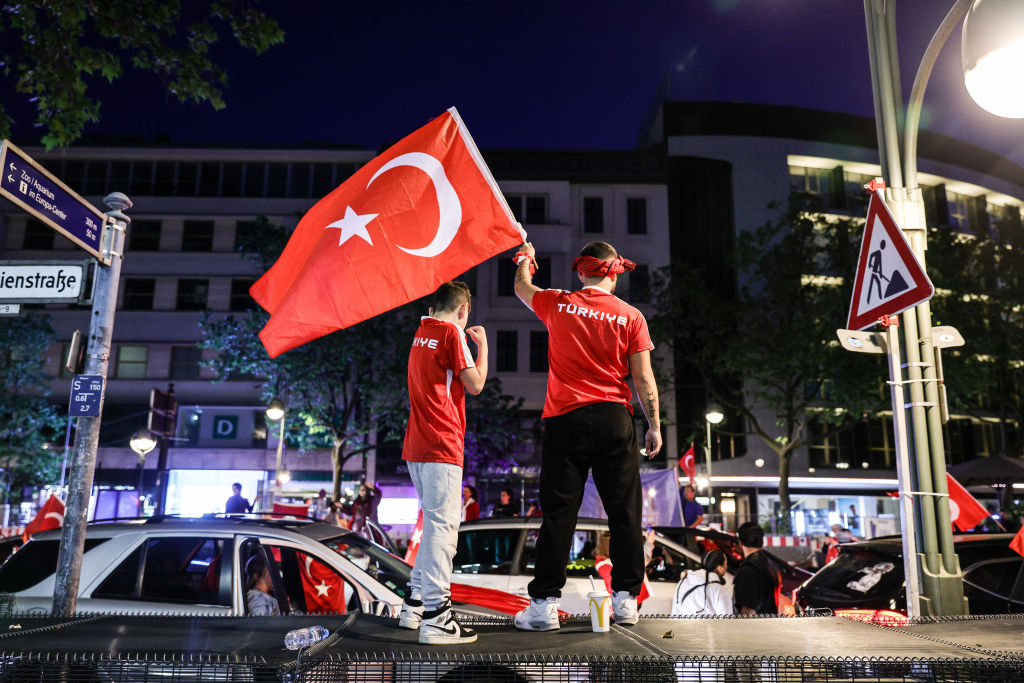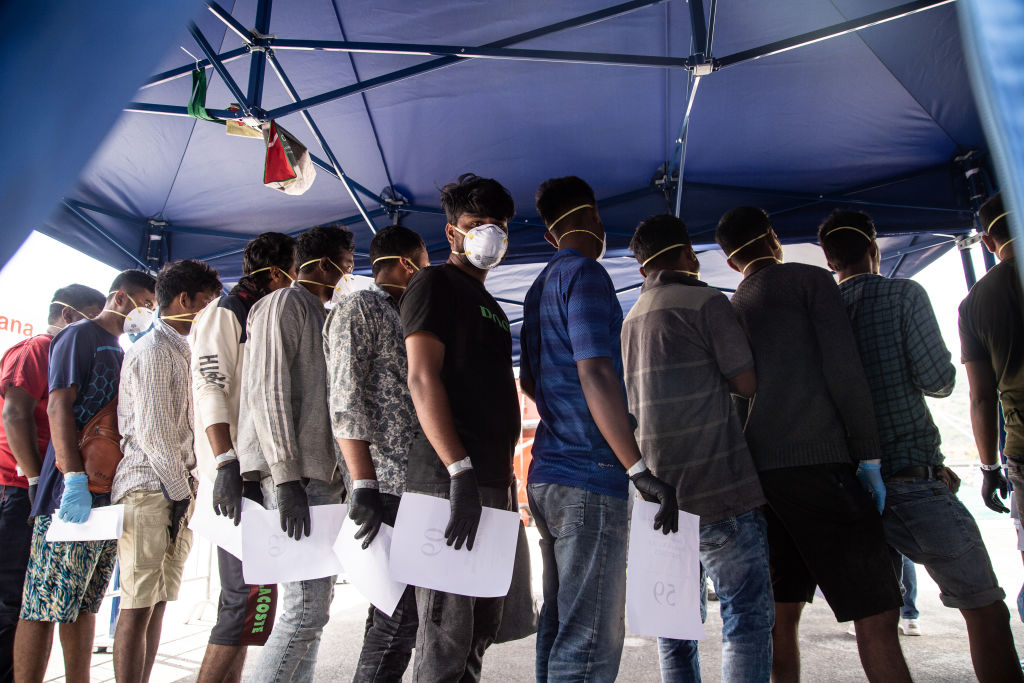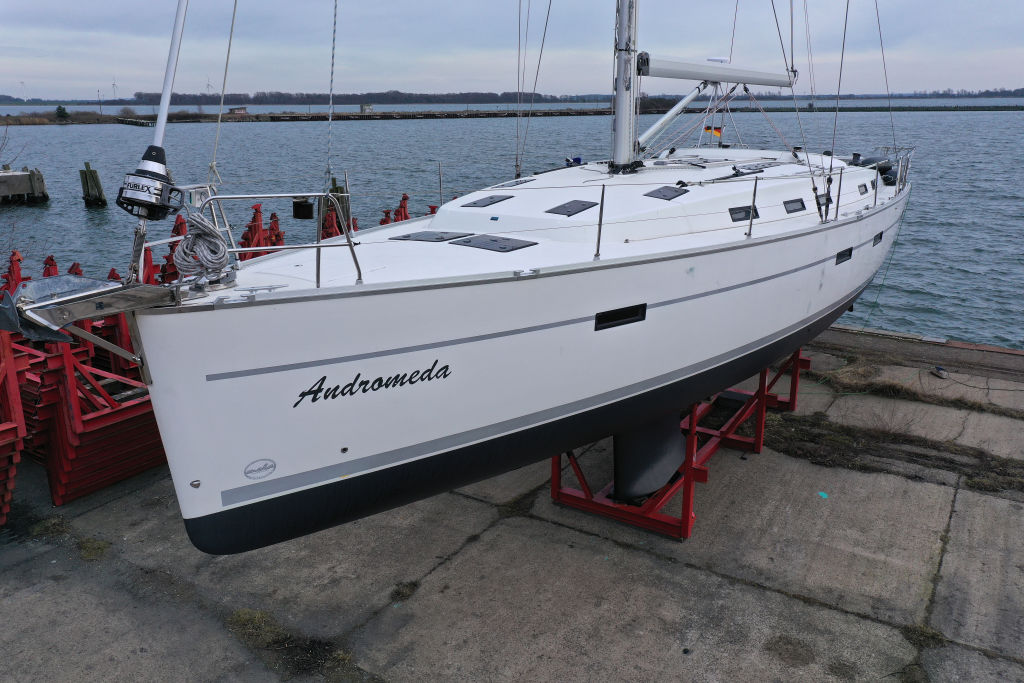The European Commission has expressed disquiet over border control in relation to changes to citizenship rules being pondered by Serbia.
Eurocrats are particularly concerned by the large number of Russians moving to the Eastern European country, with Serbia also mulling the possibility of offering skilled legal migrants naturalisation after just one year.
Although designed to help boost the number of skilled workers present in the country, Commissioners are worried that the measure could encourage illegal migration into Europe, which already offers short-term, visa-free travel for Serbian citizens.
“The Commission has expressed its concerns that the envisaged changes to the Serbian citizenship law could present migration or security risks for the European Union,” Commissioner for Neighbourhood and Enlargement Olivér Várhelyi said.
He added that the bloc has asked the Serbian Government to take Europe’s “concerns into consideration”, adding that both parties “remain in close contact on this matter”.
The Italian island of Lampedusa saw another huge influx of migrants over the weekend. https://t.co/YwvwDzSe9v
— Brussels Signal (@brusselssignal) August 28, 2023
Frequently taking only rudimentary action to curb illegal migration into the bloc, the EU’s unease over Serbia’s potential citizenship changes seems to be a little incongruous for the bloc.
It appears that the concerns have less to do with the arrival of more migrants from Africa and the Middle East, and more to do with Russians.
Writing on the changes, Várhelyi said the EU’s worries were in regard to the large number of Russians emigrating to Serbia, with Eurocrats fearing that the country is now being used by Russians to evade European sanctions.
Around 150,000 Russians are said to have moved to Serbia since the beginning of Moscow’s so-called “special military operation” in Ukraine, with EU lawmakers claiming Serbia has seen a 37 per cent spike in the number of Russian-owned businesses operating in the country.
“The Commission is aware of the high number of Russian companies and citizens relocated to Serbia following Russia’s war of aggression against Ukraine,” Várhelyi said, adding that the bloc was now in contact with Serbia regarding the issue.
“Serbia is expected to progressively align with the EU Common Foreign and Security Policy, including with restrictive measures,” he continued. “The Commission works closely with Serbian authorities to prevent the circumvention of EU sanctions via Serbia.
“The country has shown willingness to cooperate on the matter and has undertaken practical steps to this end. We expect Serbian authorities will continue actively preventing circumvention of EU sanctions through its territory,” Várhelyi added.
The BRICS alliance of Brazil, Russia, India, China, and South Africa has invited Argentina, Egypt, Ethiopia, Iran, Saudi Arabia, and the United Arab Emirates to join. https://t.co/SUdZm9e5YD
— Brussels Signal (@brusselssignal) August 25, 2023





